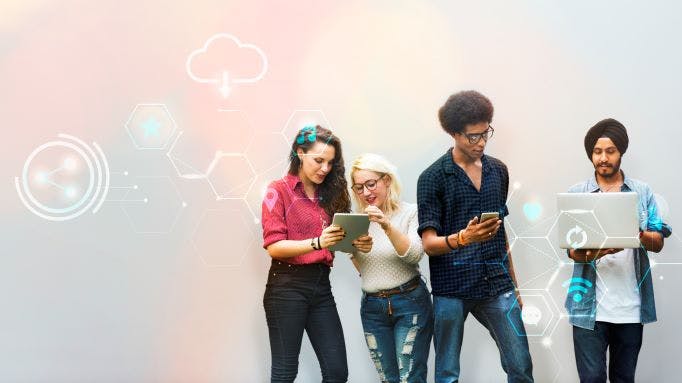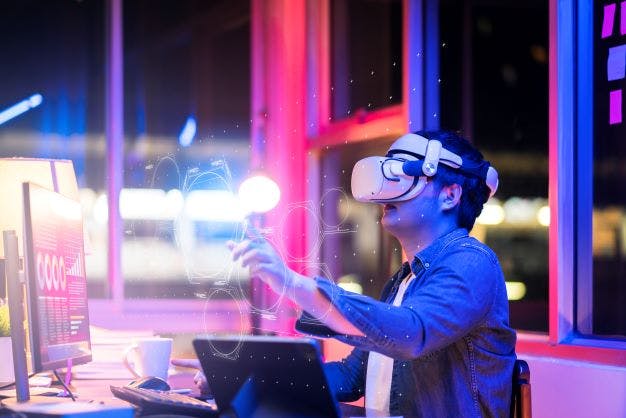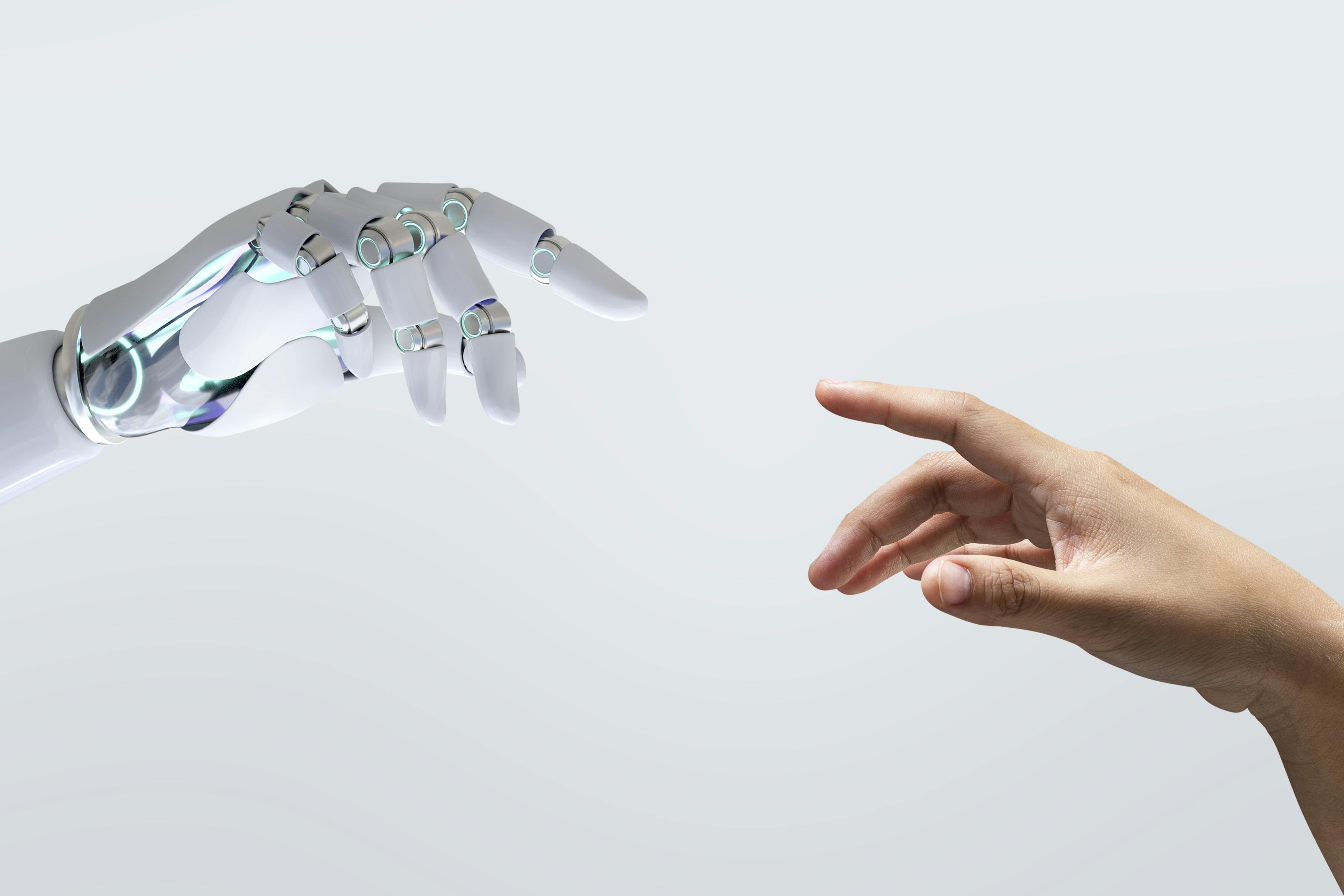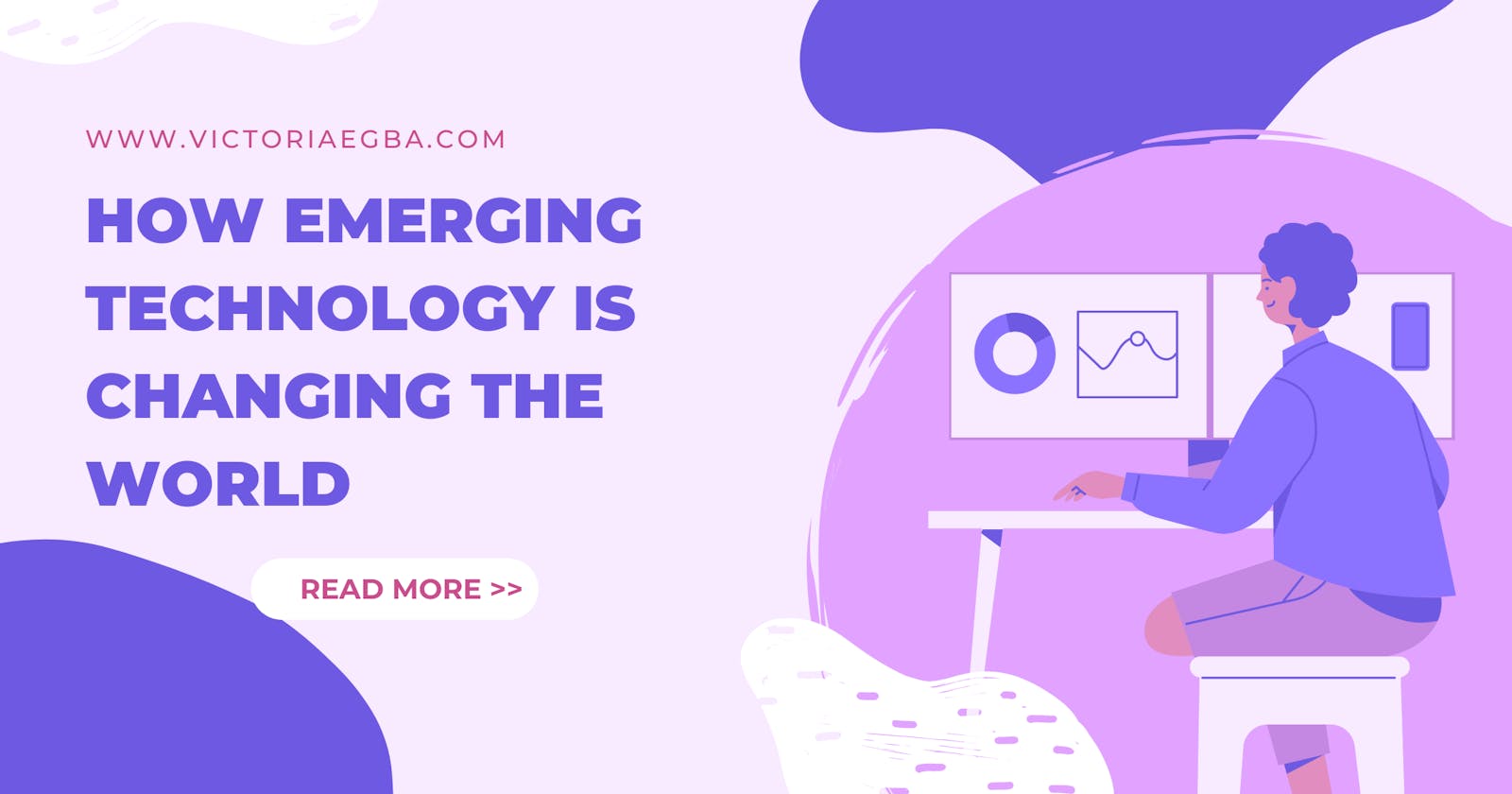How Emerging Technology Is Changing The World
Discover all you need to know about emerging technology
Technology is an essential part of our lives and has been so for years. It keeps improving, becoming more innovative and helpful to individuals and businesses across the globe.
It’s hard to imagine our world without technology. The way we communicate, exchange information and display our culture has changed dramatically in the last decade with the advent of smartphones, tablets and wearable devices.
These revolutionary technologies are changing how everything is done around us. From fashion trends to entertainment and even politics, it’s safe to say that our world is rapidly becoming more connected than ever before.
The world has never been so connected. People around the globe now share ideas, communicate through social media and buy products from stores that are a click away.
What Is Emerging Technology?
Emerging technology describes new technology and the advancement or continued development of pre-existing technology.
It represents growing areas of the technology industry and its innovation. However, their development, practical application, or both are still largely unrealized, such that they are figuratively emerging into prominence or popularity.
Emerging technology can be utilized in diverse settings to contribute to our personal lives, professional lives, businesses, agriculture, health care sector, financial sector, and education. The characteristics of emerging technologies include radical novelty, relatively fast growth, ambiguity, noticeable impact, coherence, and uncertainty.

Emerging Technologies Currently Disrupting The Industry
The technologies that revolutionize the tech space and the world at large are constantly increasing. As a result, new technologies are discovered continuously while some are being improved to bring about innovation.
These emerging techs are currently shaking the industry , in terms of innovation, ease of use, and improving the quality of life.
Artificial Intelligence (AI)
Artificial intelligence involves using intelligent, self-aware machines that can command operations similar to humans. For example, we have narrow AI (systems that perform specific tasks), which powers systems like SPAM filters, virtual assistants, and Google maps.
It has to do with designing computer systems so that they can make intelligent decisions based on context and not direct input. They are built to respond to already programmed rules and enable devices to learn and adapt to their environments. In addition, AI technologies are aware, so they can recognize and interpret digitized texts and sounds or images.
We're having AI business/ personal assistants, chatbots, security surveillance tools, and more. These tools drastically improve productivity for both individuals and businesses. For example, AI in mobile devices can help make changes to our calendars and control household appliances in smart homes.
Tasks that typically take humans weeks or months to complete would be accelerated with AI systems to produce results within a shorter duration.

Virtual/Augmented Reality
VR/AR has been projected to have a very high growth potential. The demand for high-quality and compelling digital content has led to virtual and augmented reality technology development.
With this technology, simulated environments can be created. Users (instead of viewing through a screen) are immersed in the reality of that activity. Helping the users have more engaging or entertaining experiences with the 3D world.
It helps people explore certain spaces or places without actually being there. With the help of a headset, a user can control the 3D environment according to preference.
Moreover, Virtual reality therapy has been tested on patients with severe trauma. It is a way of helping them go back to past traumatizing experiences where they can face their fears and survive. It is said to be the biggest therapy leap for many.
Augmented reality involves integrating real-world objects into the digital world to better convey information.
IoT (Internet of Things)
This network connects several devices and allows these different devices within the same network. It allows these devices to communicate with the internet and exchange information. A common interface controls these devices through physical means like switch or voice recognition.
For example, in a smart home, Television, Air-conditioner, lights, and refrigerator can all be connected to the IoT. By automating activities using IoT, we can save ourselves a lot of time and make information.
Blockchain
Blockchain technology provides solutions to online security and trust. It can speed up our data transfer processes, secure transactions, reduce costs of transactions, provide ease of access to financial services and boost financial inclusion.
It helps in multi-step transactions needing traceability and verification and allows digital information to be distributed or recorded without being altered, destroyed, or hacked.
This technology is applied in anti-money laundering tracking systems, NFT marketplaces, and supply and logistics monitoring. It has been projected that there will be a huge impact of blockchain technology in the future, especially in businesses and e-commerce.
5G Network
5G stands for the 5th Generation mobile network. It is projected that 5G will provide support for the IoT.
It will help it expand the power of the internet across a wide range of objects, processes and environments. The difference 5G will bring compared to 4G will be exponential. It is also said that it might be 100 times faster, providing more reliable signals and allowing several more devices to connect, among other things.
It'll significantly impact futuristic scenes like self-driving highway systems, robot-driven agriculture, and smart cities.

Influence of Emerging Technology
Emerging tech is super powerful, and we can already see its impacts in different aspects of our lives. Here are a few areas
Professional Life
Virtual reality supports remote work allowing us to do the job of our dreams or work from anywhere without distance being a barrier. In addition, automating certain tasks using technological systems boosts efficiency at work and provides more time to do other performance-focused activities.
Business
In production, robots can be used to boost productivity and improve the quality of goods produced and also within a short amount of time.
The use of emails, websites, and other software applications has helped improve communication across clients/customers.
Also, businesses can use social media platforms like Facebook to target various segments of their audience with ads and provide content specific to each audience.
Agriculture
AI solutions can be used in the agricultural sector to analyze weather patterns. This can help to optimize crops and reduce food production costs by means of predictive analysis.
One of the challenges in farming has always been having sufficient time to oversee all areas of operations. Monitoring the condition of all livestock and crops constantly can be very tasking. Technology has made it possible for farmers to use satellite imaging to “be everywhere” at once.
Health Care
Emerging technology has improved health and the health care sector, and it still has the potential to do more.
Tech advancements in preventive health can help monitor a patient’s status and discover an abnormality sooner so that treatment can be carried out on time. Robotics has also been applied in performing surgeries. Big data has become relevant in addressing health crises like the COVID-19 pandemic.
A vast amount of patient healthcare data collected in recent years can be analyzed with big data.
With AI, data can easily be sorted, organized, and interpreted, helping doctors and nurses make better and more efficient patient care decisions.
Financial Sector
Online banking has dramatically benefited people in rural areas, people with decreased mobility or limitation to movement. Fintech has made it easy for people to pay for goods and services or get paid for a remote job without distance being a barrier.
Including chatbot solutions in banking platforms or software will offer faster customer security and improved response time to customers.
Education
Education is more easily accessible due to online learning platforms, which gather courses in texts or videos across several fields and age groups.
Sometimes this learning can be self-paced, enabling learning at convenient times. This method of learning is called virtual learning. This is a huge advantage for people with other responsibilities to handle and parents/guardians who want their kids/wards to study at home.
The Shift; When Emerging Technology Dominates
At the end of the day, emerging technologies have great future potential, although some are still vastly unexplored.
They are perceived as capable of changing the status quo and are vital in the modernization of industries and the world at large. As artificial intelligence, virtual reality, and other forms of emerging technology develop further, many manual jobs may be threatened.
Machine learning could ultimately allow computers to do many knowledge-based jobs requiring significant education. However, the effect of this would be increased unemployment at all skill levels and stagnant or falling wages for most workers, among other disadvantages.
Although, emerging technology also has the potential to open up the labour market to entirely new opportunities that could serve as job opportunities for individuals.
Subscribe to our newsletter to get vital information on tech and content trends in the industry.

